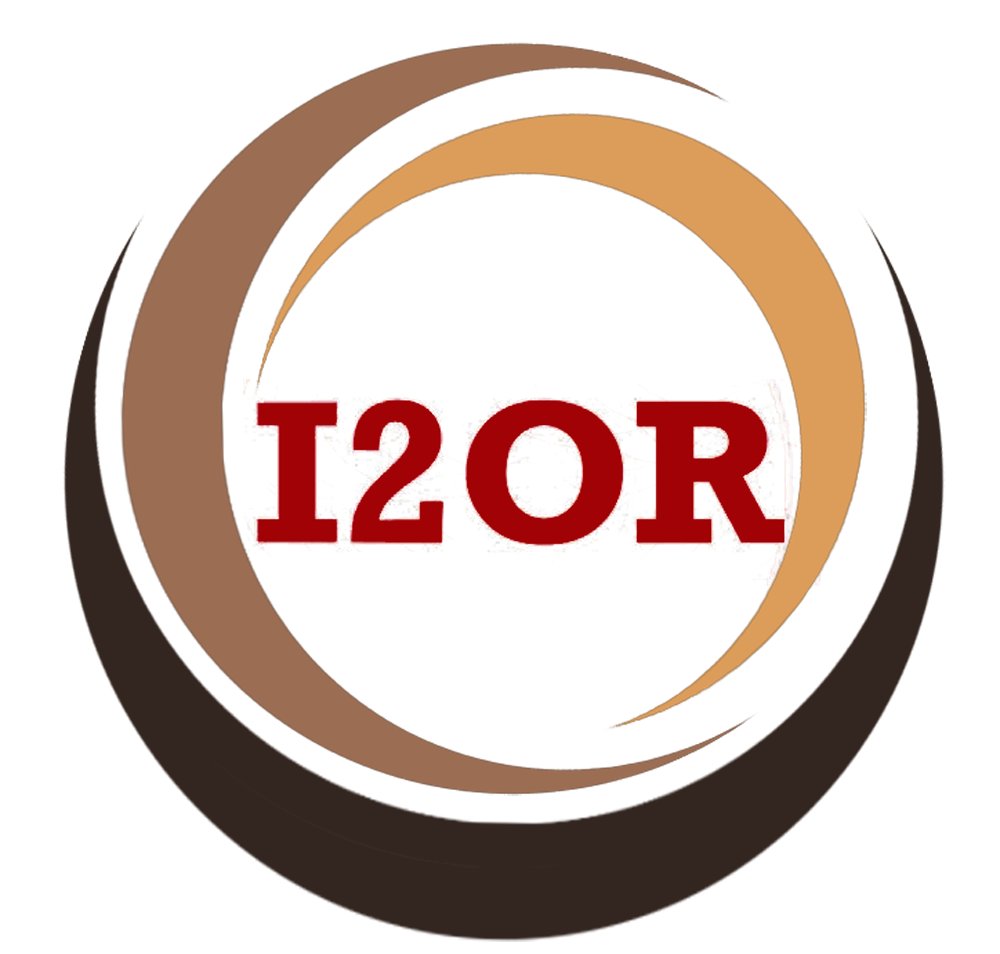Theoretical approach to the concept of human dignity: retoming its importance
DOI:
https://doi.org/10.53485/rsu.v2i3.98Keywords:
Human dignity, Personal dignity, Human approach, TranscendenceAbstract
The scientific-technical civilization in which it is immersed has led to believe in the effectiveness of purely technical instrumentations. Dazzled by the conquests of the tangible, elements of insensitivity and blindness are perceived against the values in the human being. The expressions "human dignity", "personal dignity", human rights ", are being widely used, and sometimes without due and intense assessment of the human being. In practice, equal rights are denied, which amounts to denying the equality of "being" or "nature" to unborn human beings, or those born with some notable deficiency, or to those who are a burden to the family or society, to the mentally handicapped, among others? The objective of this article was an approach to the concept of the person and the dignity of the human person, especially in the concept of human dignity, under a hermeneutical, bibliographic-documentary method, to be able to refer to the human being in his integrity and power to admit an ontological foundation of dignity, it is necessary to accept that the person also has an ontological basis, which is why dignity cannot be based only on some manifestations of the person like rationality, but in the whole human organism (substantial unity of body, mind and spirit) and in its somatic expressions. Understand that the human being is worthy, in an integral way, by himself, and not only due to his conscience or rationality he can at first sight lack differences, however, he has a great significance in practice, since there can be no respect for the person, without respecting their body dimension.
Key Words: , , , .







